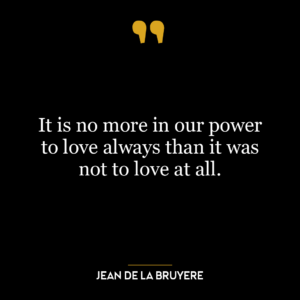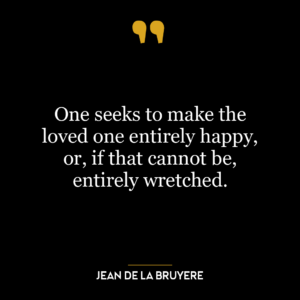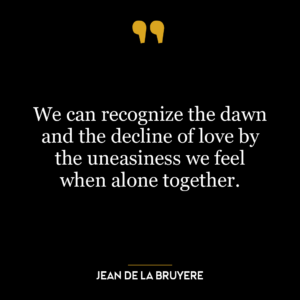This quote suggests that happiness is not necessarily an active, joyful state, but rather the absence of misery or discomfort. Essentially, it implies that happiness is a neutral state of being, where you’re free from negative emotions or distress. This perspective reframes our understanding of happiness, suggesting that it’s not about constantly seeking joy or pleasure, but about finding peace and contentment in our everyday lives.
Applying this idea in today’s world, particularly in the realm of personal development, it encourages us to focus less on the pursuit of constant happiness, which can often lead to disappointment when reality doesn’t meet our expectations. Instead, it urges us to strive for a state of contentment, where we’re free from negative emotions like stress, anxiety, or sadness. This could mean prioritizing self-care, mental health, and mindful living, as these practices can help us manage negative emotions and cultivate a more peaceful state of being.
In a society that often equates success with happiness, this quote serves as a reminder that it’s okay to not feel overjoyed all the time. Real happiness might not always look like euphoria or excitement. Sometimes, it’s simply the absence of misery, the quiet contentment we find in moments of peace and tranquility. This perspective can help us redefine our personal goals and values, focusing less on external achievements and more on internal peace and well-being.















